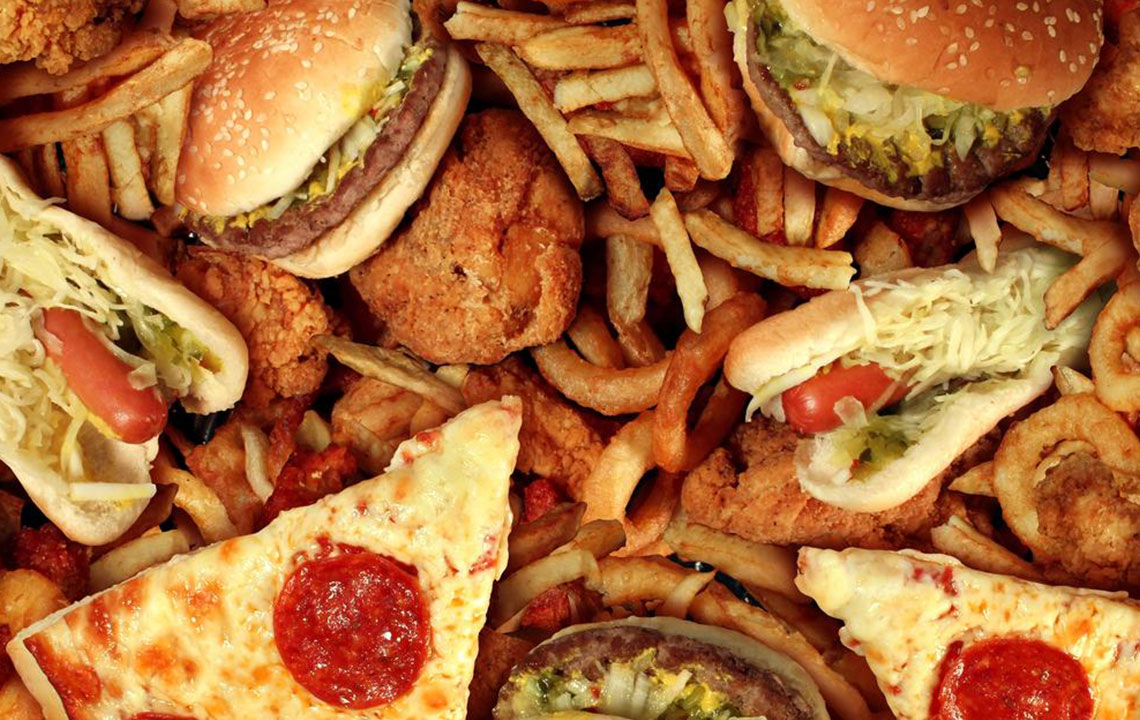Foods to Avoid When Managing Acid Reflux Symptoms
Managing acid reflux requires dietary adjustments, including avoiding greasy, acidic, and fatty foods. Opt for lean meats, non-acidic fruits, and baked options. Consulting healthcare professionals ensures personalized strategies, improving quality of life. This guide highlights foods to limit or avoid to reduce symptoms effectively.

Acid reflux, a prevalent digestive issue, happens when stomach acids rise into the esophagus. It often results from a weakened lower esophageal sphincter (LES), which normally blocks acid escape. Diet and lifestyle choices greatly influence symptom severity. Identifying and steering clear of certain foods can help control this condition, reducing discomfort like heartburn, chest burning, bloating, belching, and sore throats.
Since individual sensitivities vary, maintaining a food journal to track triggers is helpful. Consulting healthcare professionals ensures personalized dietary strategies. Eliminating specific items can significantly decrease reflux episodes and enhance well-being.
Foods to limit or avoid include:
Mint and chamomile: These may relax the LES, promoting acid reflux. Instead, ginger can soothe nausea and heartburn naturally.
Citrus fruits and tomatoes: Their high acidity can trigger reflux. Choose gentle options like bananas, apples, berries, and melons.
Fried and greasy foods: Rich in fats, they slow digestion and worsen symptoms. Opt for grilled or baked dishes instead.
High-fat meats: Limit fatty beef and pork; instead, select lean options such as chicken or turkey, and go for low-fat variants.
Caffeinated beverages and sodas: Coffee and soda may relax the LES and contain acidity. Reduce caffeine and dilute sodas with water if needed.
Alcohol: Especially beer and wine, which weaken the LES, increasing acid leakage. Cutting back or abstaining can help symptom management.
Chocolate: Its fats and caffeine can exacerbate reflux. Consider healthier sweet options.
Full-fat dairy: Rich cheeses and creams boost acid production. Choose low-fat or fat-free dairy like cottage cheese or skim milk.
Adapting your diet with these tips can effectively manage acid reflux. Always consult healthcare providers for tailored advice.
Note: This blog offers research-based health insights. However, personalized professional guidance is essential. We are not responsible for information inaccuracies and acknowledge that offers or schemes may vary. Use this as a helpful guide for making informed health decisions.


